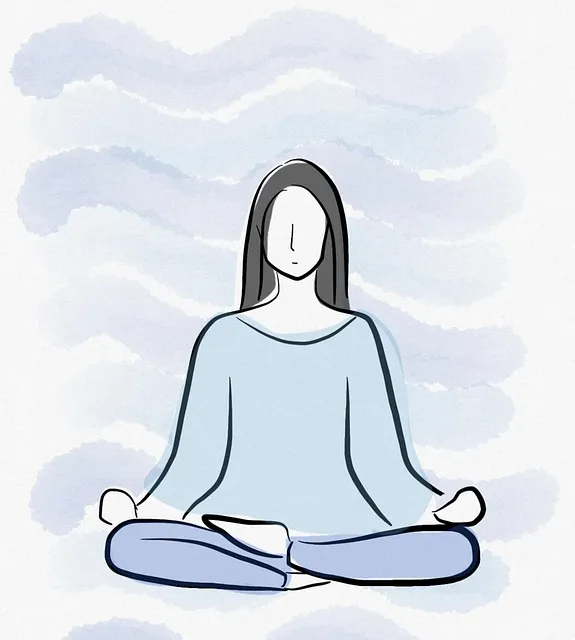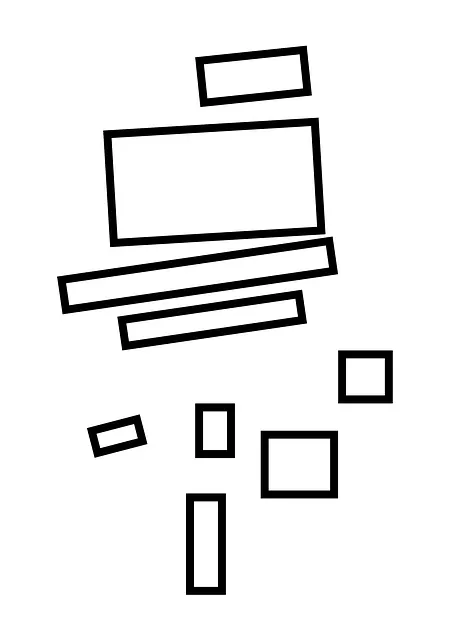Boulder Kaiser Permanente (BKP) offers a holistic approach to mental health through its RFM framework—Recovery, Flexibility, and Mastery. This model provides individuals with tools for emotional well-being, stress management, and positive thinking via tailored coping strategies. BKP's comprehensive strategy includes group activities, social skills training, cultural sensitivity, and community support networks, cultivating mental wellness and resilience. Using resources like the BKP mental health number, simple exercises enhance mental health at home, combining positive thinking, journaling, mindfulness, and compassion cultivation for improved mindset and self-esteem, facilitating graceful navigation of life's challenges.
Resilience, the ability to adapt and bounce back from adversity, is a key component of mental well-being. This article explores Resilience, Flexibility, and Mobilization (RFM) as a framework for building resilience. We delve into its significance in mental health, using Boulder Kaiser Permanente’s successful program as a case study. Additionally, we provide practical exercises to enhance resilience at home, offering valuable insights for those seeking to strengthen their mental fortitude, inspired by the innovative practices of leading healthcare providers like Boulder Kaiser Permanente.
- Understanding RFM and Its Role in Mental Health
- Boulder Kaiser Permanente: A Case Study on Resilience Building
- Practical Exercises for Enhancing Resilience at Home
Understanding RFM and Its Role in Mental Health

Understanding RFM, or Recovery, Flexibility, and Mastery, is key to navigating mental health challenges effectively. This framework serves as a powerful tool for individuals seeking to enhance their emotional well-being and resilience. At Boulder Kaiser Permanente, mental health professionals utilize RFM to guide clients in developing coping strategies that promote positive thinking and stress management.
By focusing on recovery, individuals learn to overcome setbacks and embrace personal growth. Flexibility equips them with the ability to adapt to changing circumstances, while mastery empowers them to take control of their thoughts and emotions. These exercises are tailored to meet individual needs, offering practical techniques for emotional well-being promotion that extend far beyond a single session.
Boulder Kaiser Permanente: A Case Study on Resilience Building

Boulder Kaiser Permanente stands as a shining example of resilience building within a healthcare system. This medical facility has recognized the profound impact of mental health on overall wellness and has implemented innovative strategies to bolster its patients’ resilience. Through tailored programs, they offer not just treatment but a holistic approach to healing. The focus extends beyond individual therapy sessions, encompassing group activities that foster social skills training, cultural sensitivity in mental healthcare practice, and community support networks.
By integrating these diverse elements, Boulder Kaiser Permanente cultivates an environment conducive to mental wellness. Their case study illuminates how resilience building exercises can be seamlessly integrated into healthcare settings. This approach not only enhances patient outcomes but also empowers individuals to navigate life’s challenges with greater fortitude, demonstrating the facility’s commitment to transforming lives and fostering a more resilient community.
Practical Exercises for Enhancing Resilience at Home

Building resilience at home is a powerful way to enhance your mental health and well-being, especially with guidance from resources like Boulder Kaiser Permanente’s mental health number. Simple yet effective exercises can help strengthen your ability to cope with life’s challenges. One practical approach is incorporating positive thinking techniques into your daily routine. Start each day by setting an intention or writing down a few affirmations that promote self-love and optimism. This practice can reshape your mindset, fostering a more positive outlook throughout the day.
Additionally, confidence boosting activities like journaling or practicing mindfulness meditation can be transformative. Take time to reflect on your accomplishments, no matter how small, and acknowledge your strengths. These compassion cultivation practices not only build self-esteem but also encourage a sense of calm and resilience in the face of adversity. By integrating these exercises into your home life, you can develop a stronger mental fortitude, making it easier to navigate life’s ups and downs with grace and resilience.
Resilience, a key component of mental well-being, can be cultivated through understanding and employing techniques like RFM. As demonstrated by Boulder Kaiser Permanente’s successful resilience-building programs, these strategies have the potential to significantly enhance mental health outcomes. By incorporating practical exercises into daily routines, individuals can better navigate life’s challenges, fostering adaptability and a stronger sense of self. This approach, backed by research and real-world examples, offers a promising path towards building resilience and improving overall mental health, as evidenced by the positive impact on the Boulder Kaiser Permanente patient population.






